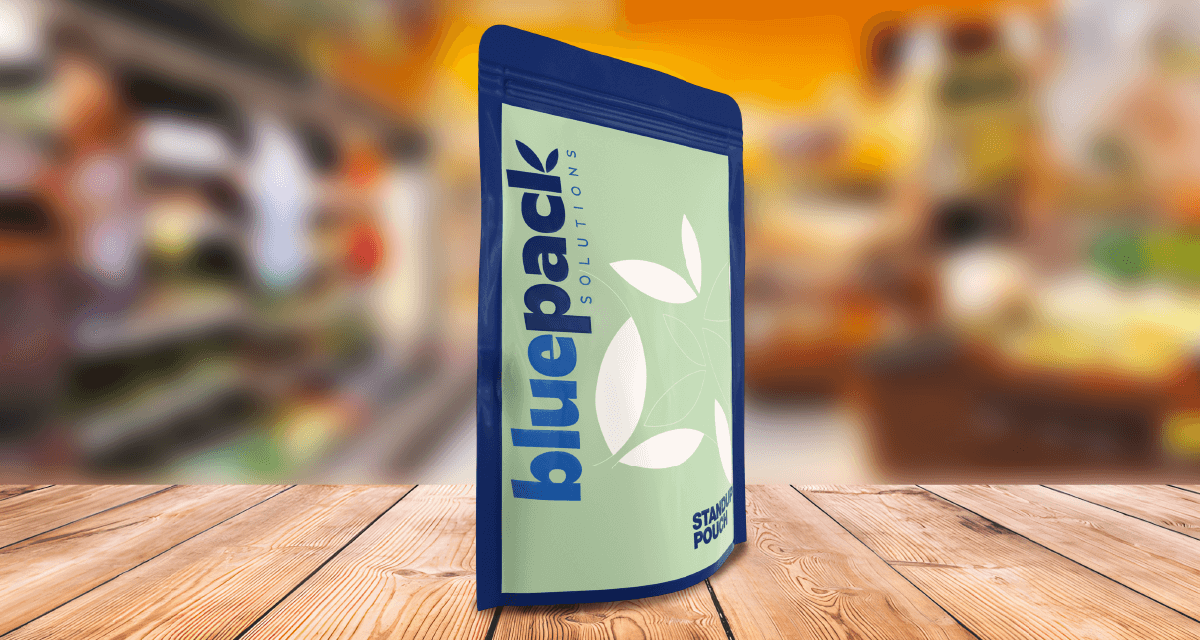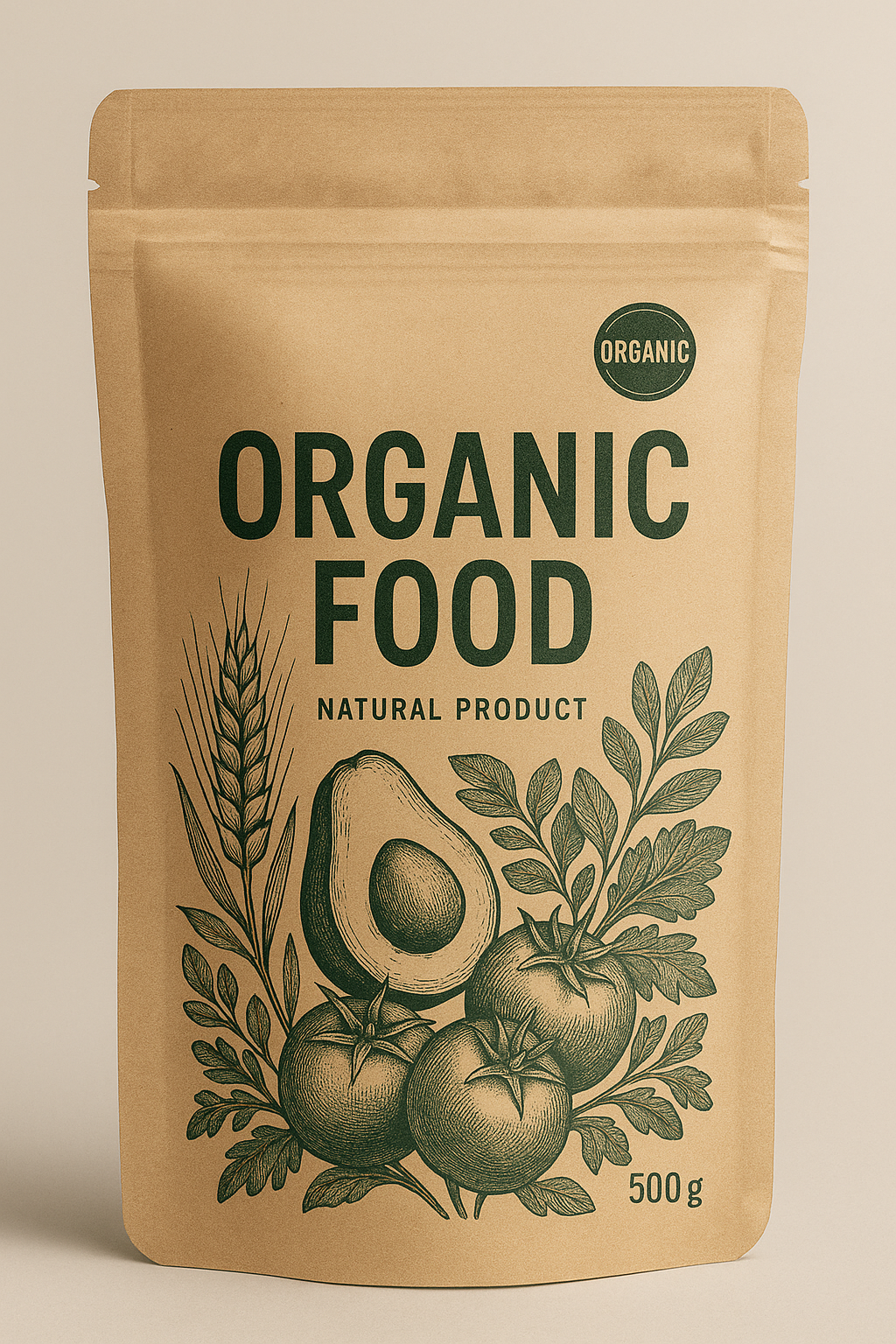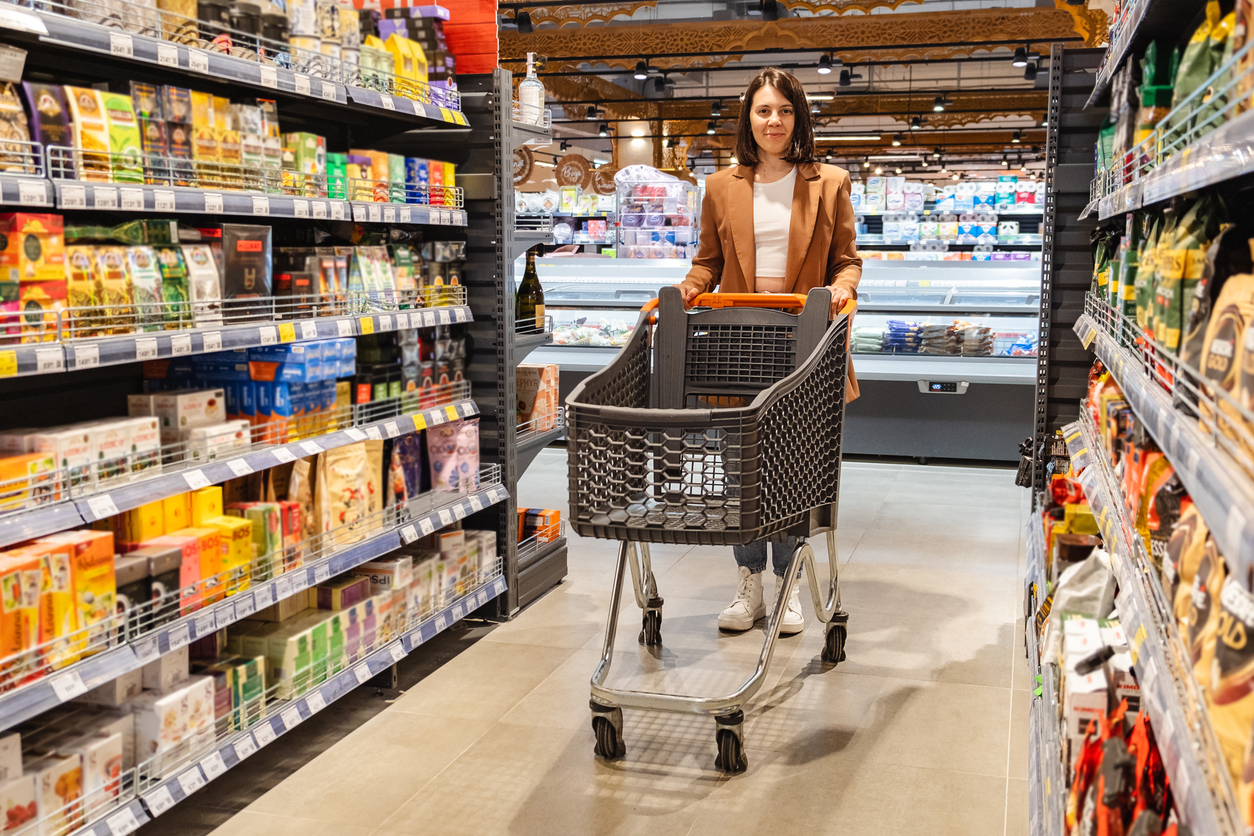In a market where sustainability is no longer optional but…

Innovation in recyclable packaging: retortable pouches.
Recyclable retortable pouches represent a new generation of flexible packaging that combines the practicality and protection of traditional pouches with the environmental benefits of recyclability.
Key Features:
- Made from recyclable materials: These pouches are primarily composed of polypropylene (PP) or polyethylene (PE), both of which are widely recyclable in many countries.
- High barrier protection: They offer excellent defense against oxygen, moisture, and light, helping to extend the product’s shelf life.
- Heat-resistant: Designed to withstand the retort process—a food preservation method involving high temperature and pressure inside an autoclave.
- Lightweight and flexible: Easy to store and transport, and adaptable to various shapes and sizes.
- Versatile: Suitable for a wide range of ready-to-eat food products such as soups, sauces, pasta, meat, fruits, and vegetables.
Benefits:
- Reduced environmental impact: Their recyclability helps decrease the amount of plastic waste sent to landfills.
- Lower carbon footprint: Their lightweight design compared to traditional packaging results in lower CO₂ emissions during transportation and storage.
- Cost savings: Efficient use of materials and simplified production processes can lead to cost advantages over other packaging formats.
- Enhanced brand image: Using recyclable retort pouches shows a company’s commitment to sustainability—an increasingly important factor for consumers.
Challenges:
- Recycling infrastructure availability: While these pouches are technically recyclable, appropriate recycling facilities are not yet accessible in all regions.
- Cost: Developing and producing recyclable retort pouches can be more expensive than conventional ones.
- Equipment compatibility: It’s essential that recyclable retort pouches are compatible with existing filling and sealing equipment in current production lines.



